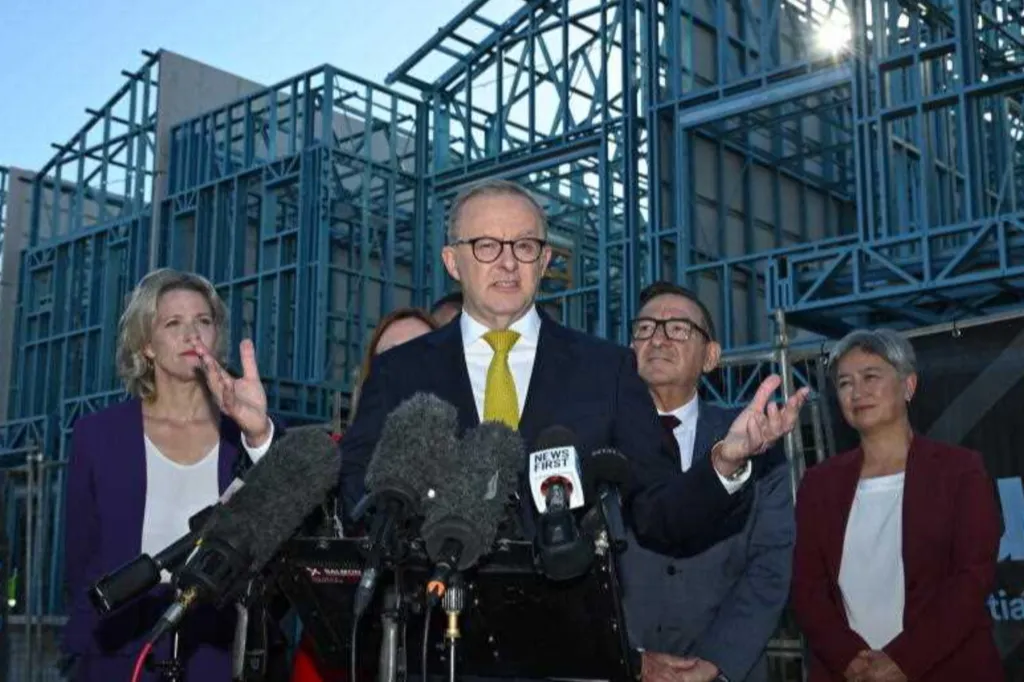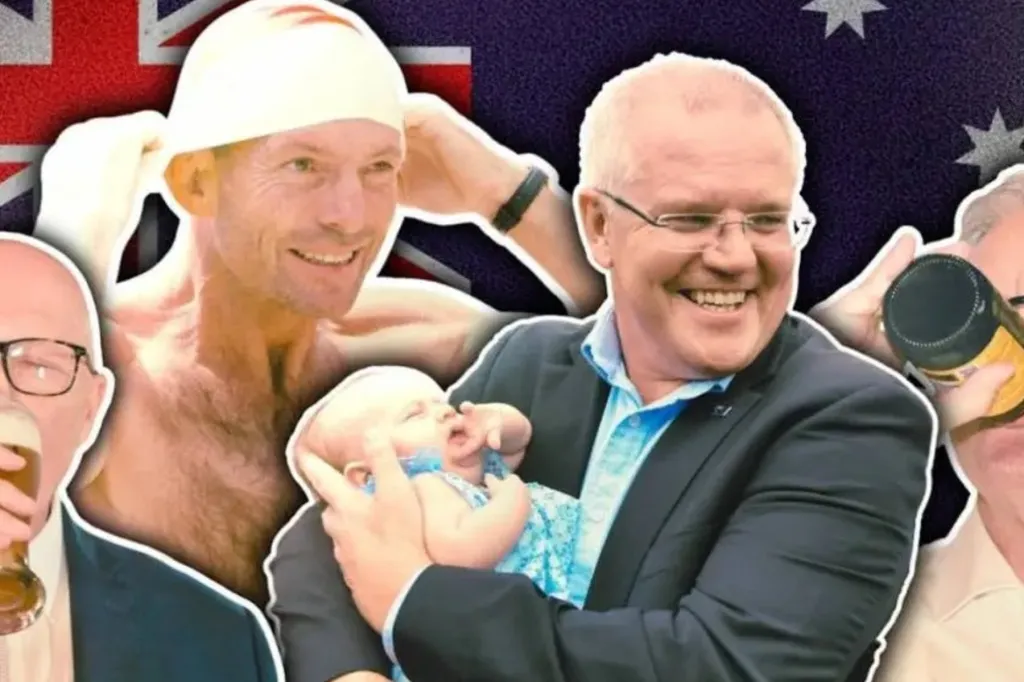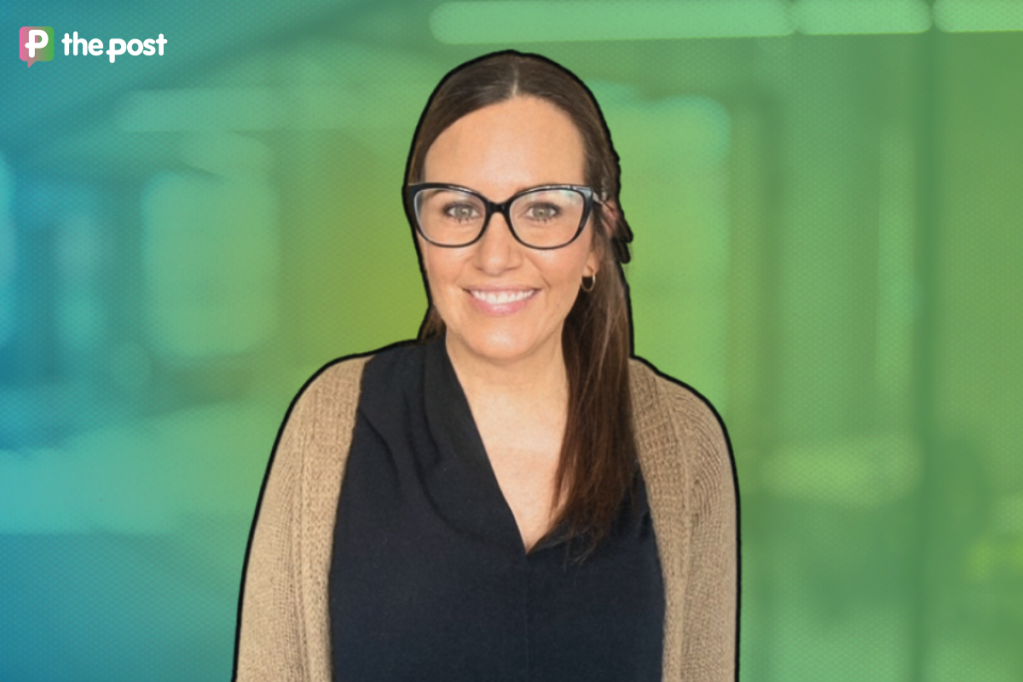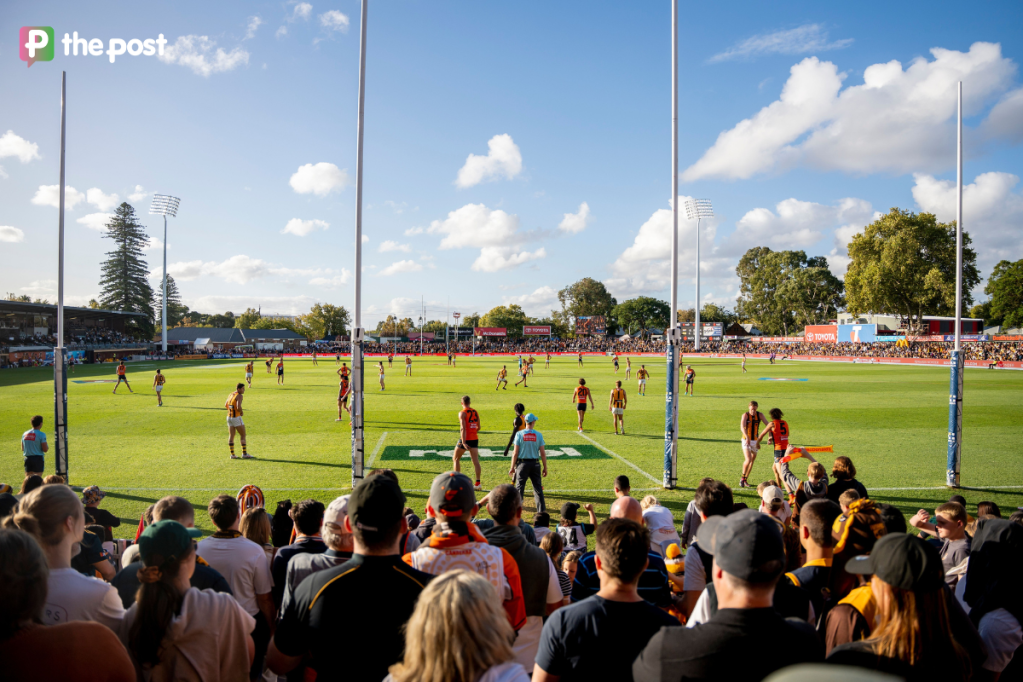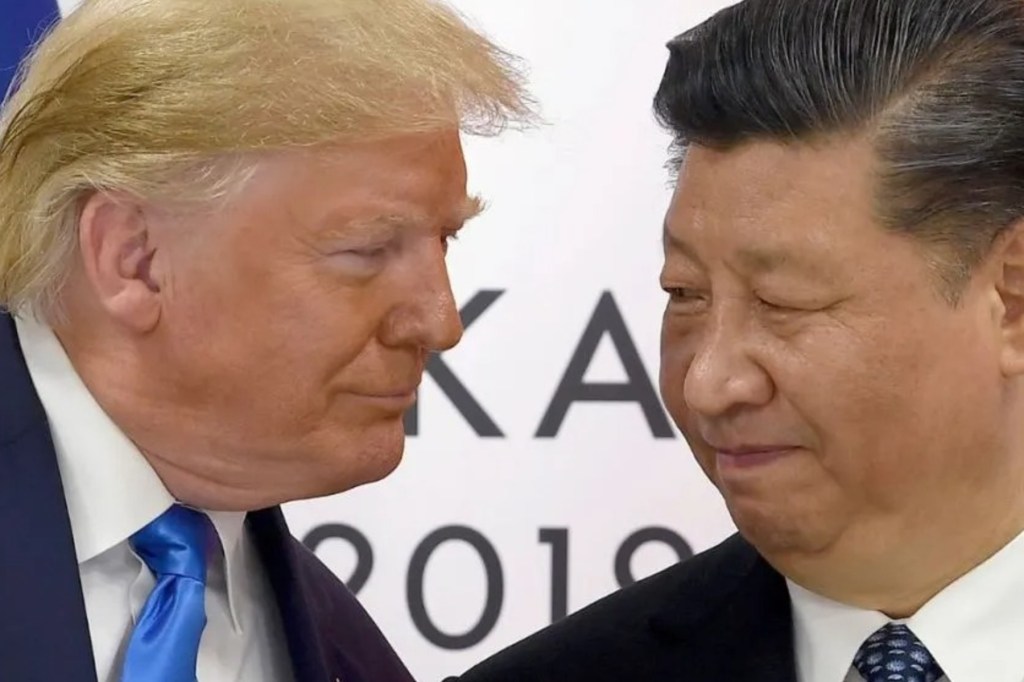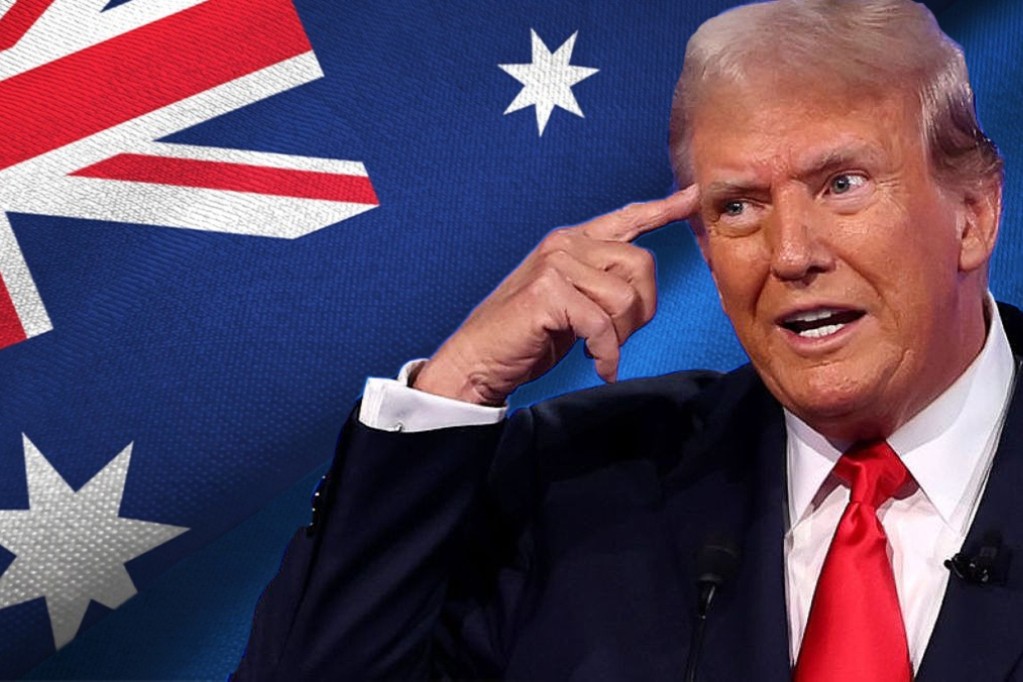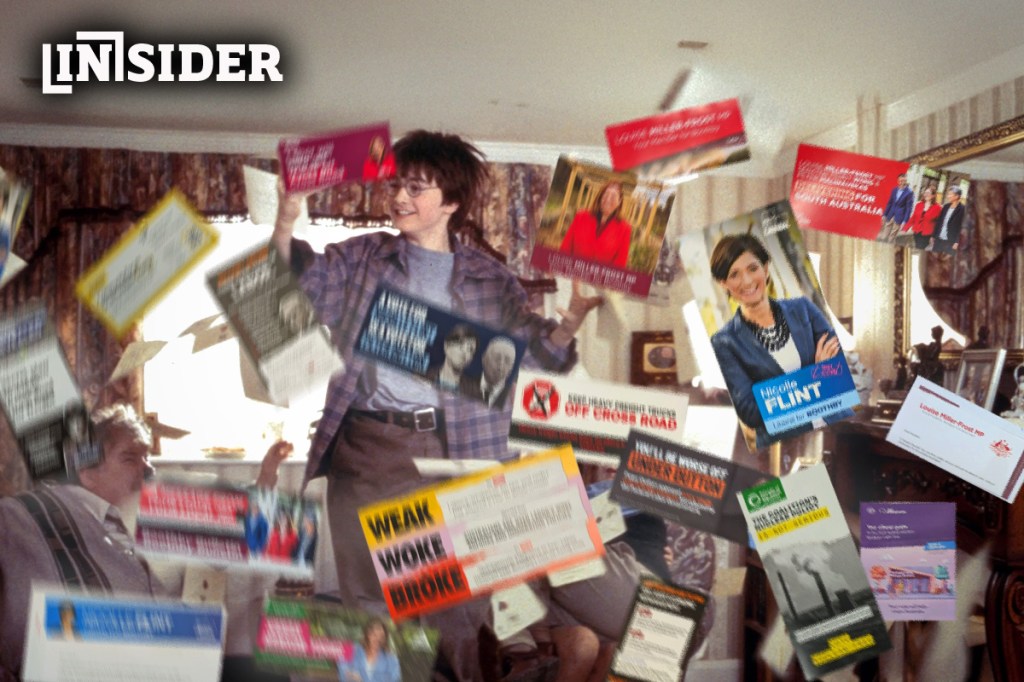South Australia’s moment to end domestic violence
Zahra Foundation Australia CEO Kelly-ann Tansley and Co-Founder Arman Abrahimzadeh OAM, say it is time to move from darkness to leadership to create a state where domestic violence is no longer tolerated.
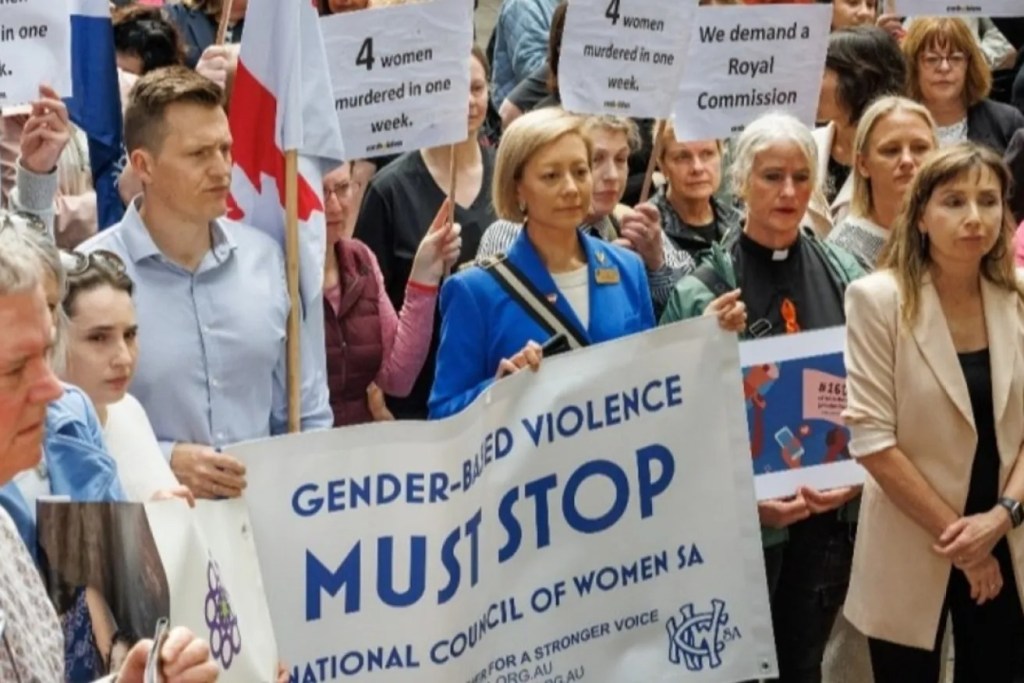
South Australia is no stranger to tragedy, but last year, the state reached a devastating low. In one harrowing week, five women were killed – allegedly by men known to them.
It was a stark, gut-wrenching reminder of the prevalence and lethality of domestic violence. The community’s grief boiled over into collective action, demanding systemic reform. Amidst the pain, South Australians united and called on their government to act. A year later, with the Royal Commission into Domestic, Family, and Sexual Violence underway, we stand at a crossroads.
This is more than an inquiry; it is a test of our resolve, an opportunity to confront the failures that led us here and to rebuild South Australia as a leader in domestic violence prevention and response.
The story of the Zahra Foundation is one rooted in pain, but also in hope.
In 2010, Zahra Abrahimzadeh was murdered in front of 300 people at the Adelaide Convention Centre by her estranged husband, after years of escalating abuse.
Zahra sought help from the systems meant to protect her, but they failed. The coroner’s report labelled the police response “appalling,” and its recommendations sparked reforms that made South Australia a national leader in tackling domestic violence.
Yet, less than a decade later, the state witnessed its darkest week. Why?
You might like
Policies and reforms alone are not enough.
The 2016 Social Development Committee’s 35 recommendations highlighted the urgent need for holistic, survivor-cantered approaches. But over time, momentum waned. Programs were underfunded, services stretched too thin, and domestic violence slipped from the political agenda. These gaps cost lives.
But we believe South Australia has something extraordinary: a community that refuses to give up.
Last year, when Zahra Foundation alongside other key organisations called for action, the response was overwhelming. Over 300 people gathered on the steps of Parliament House. Cross-party support emerged, led by Greens MP Tammy Franks and Liberal MP Josh Teague, and Premier Peter Malinauskas heeded the call for a Royal Commission.
This collective energy is South Australia’s greatest strength. The Zahra Foundation’s Changemaker events have demonstrated the power of unity, with small businesses, corporate leaders, unions, educators, and advocates all coming together to address domestic violence. These gatherings, which draw hundreds each year, show that South Australians care deeply and are willing to act.
The Royal Commission, led by Natasha Scott Despoja, provides a once-in-a-generation opportunity.
Its terms of reference – prevention, early intervention, response, recovery, and coordination – reflect the complexity of the issue. This isn’t about reacting to violence; it’s about dismantling the systems and attitudes that allow it to persist.
But a Commission alone won’t save lives. It’s what we do with its findings that matters.
Stay informed, daily
This is where the responsibility shifts to all of us – government, businesses, community organizations and individuals. Domestic violence is not just a policy issue; it is a societal one – or as we say at the Zahra Foundation, “domestic violence is everyone’s business.”
South Australia has all the elements to lead the nation. Its size fosters connectivity, its people demonstrate an unparalleled willingness to unite, and its history shows that change is possible when we prioritize safety and justice.
We are at a pivotal moment. South Australia can reclaim its position as a leader in domestic violence prevention and response, setting a standard for the rest of the country. Let’s not waste this chance. Let’s honour the lives lost by ensuring no more are taken.
How do we create a South Australia where women and children are truly safe?
It starts with action – action we can all take, here and now. As we mark the 16 Days of Activism Against Gender-Based Violence, all of us at the Zahra Foundation call upon South Australians to unite with us in saying #NoExcuse.
This year’s theme, “Every 10 minutes, a woman is killed. #NoExcuse. UNiTE to End Violence Against Women”, reminds us of the devastating toll of inaction and the power of community in driving change.
Taking action doesn’t have to be grand or complex. It begins with listening, believing, and respecting victims and survivors when they reach out for help. It means calling out sexism when you see it – those so-called “harmless” remarks or jokes that reinforce harmful attitudes. It’s reminding your mates, if you’re concerned they may be using abusive or violent behaviours, that help is available.
South Australia has some incredible services, including the Don’t Become That Man program and helpline (1300 24 34 13) for men seeking to change their behaviour, and 1800RESPECT for victims and survivors.
On one end of the scale, we have sexist remarks and catcalling; on the other, women are being murdered.
These behaviours exist on the same continuum of violence, and the attitudes that tolerate one feed into the culture that allows the other. Community attitudes can – and must – change. Together, South Australians have the power to end domestic and family violence by refusing to accept anything less than respect, equality, and safety for all.
This is not just a call to action; it is a promise to Zahra and all the women we’ve lost, to the survivors who rebuild their lives, and to future generations.
Together, we can make South Australia a state where domestic violence is no longer tolerated.
Let’s make it happen.
Kelly-ann Tansley is the CEO of the Zahra Foundation Australia and Arman Abrahimzadeh OAM is the Co-Founder and Zahra’s Son.
